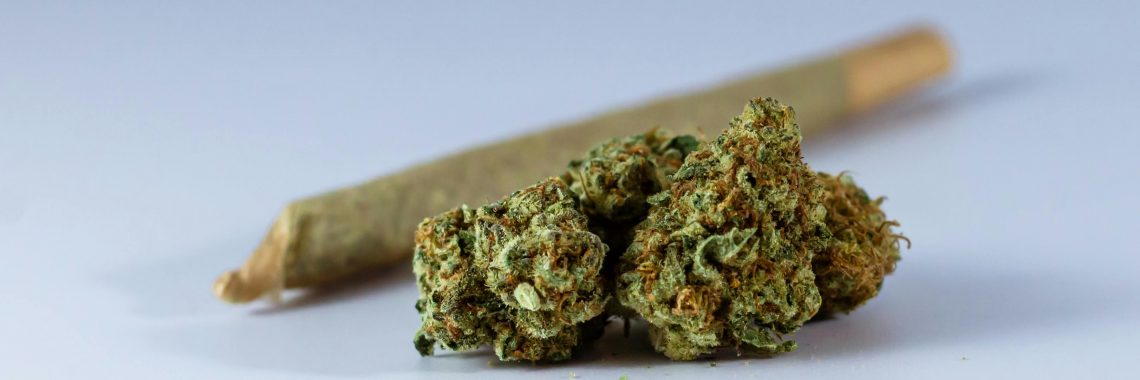A Double Standard on Terrorism: Guest Column

In November 2022, Anderson Lee Aldrich killed five people and injured 25 others in a shooting at Club Q, an LGBTQ nightclub in Colorado Springs, CO. Aldrich identified as nonbinary, used they/them pronouns, had multiple violent encounters with law enforcement, threatened to kill Christians, and dabbled in the gay lifestyle. However, in a matter of hours, the New York Times, the Washington Post, and multiple other news outlets and commentators implicated Focus on the Family, either directly or indirectly, for “creating a culture” that led to this violence. A few weeks later, the campus of the ministry was vandalized with the words, “Their Blood Is On Your Hands.”
The false accusation was based on the notion of “stochastic violence,” that saying the wrong thing about a group or a behavior creates an environment that can lead to violence. Similarly, political conservatives were accused of “stochastic violence” when a homeless, mentally ill man attacked Nancy Pelosi’s husband with a hammer.
So far, no one has been accused of stochastic violence after Mohamed Sabry Soliman, an Egyptian-born man living in Colorado Springs illegally, threw Molotov cocktails into a group of peaceful pro-Israel demonstrators while yelling, “Free Palestine!” At least 12 people were burned in the attack, including a holocaust survivor. After the attack, the father of five, who had planned on dying that day, calmly and directly revealed that he was a committed antisemitic Muslim who had been planning the attack for over a year.
The same voices that were certain that a Christian ministry which has never advocated violence in its history was responsible for the attack on Club Q seemed lost about any related motives or responsibility in this case. This, even though since October 2023, when Hamas militants killed nearly 1,200 Jews in Israel in a horrific attack, protestors on American streets and college campuses have been calling for violence on Jews everywhere. Even in Colorado Springs, in fact, some Colorado College students set up a protest village, refused to go to class, and chanted slogans that meant more than protestors realized.
And now, the chant “Globalize the Intifada” has become a reality. In just the last few weeks, two Israeli embassy workers were murdered on the street in Washington D.C., the Molotov cocktail attack was carried out in Boulder, and—in a story mainstream media outlets largely ignored—a Muslim man in Michigan plotted to massacre kids at a Jewish daycare. Thankfully, his plan was uncovered before he was able to inflict harm.
As Ayaan Hirsi Ali put it in a post on X, “Antisemitism is not just rising, its metastasizing.” Everyone should be concerned. And yet, we are being told that what should concern us most is potential negative backlash against Muslims and Arab immigrants, not targeted violence against Jews, which is clearly on the rise.
This is a clear example of the “Critical Theory mood” that clouds the thought of secular and religious progressives. One consequence of this view is that the “good guys” and the “bad guys” of any situation are pre-determined. If violence happens against the “bad guys,” they somehow deserve it. If the “good guys” commit violence, they are justified because of how oppressed and mistreated they are.
The Critical Theory mood was already in place at Thomas McLaren School, where some of the children of the Boulder terrorist attended. When Soliman’s daughter, recently named one of the “Best and Brightest” seniors in Colorado Springs, started an Arab club at the school, school officials allowed the club to make regular announcements to the student body and meet inside where they highlighted Arab culture and occasionally discussed the Koran as part of the Muslim faith. But when a group of students opened a Decision Point chapter at the school, a Christian club for students to talk about their faith and the Bible, school officials did not allow them to meet in the building. They were forced to meet outside, even in bad weather.
When the Critical Theory mood leads to the disenfranchising of students, it’s wrong and unfair. However, the stakes are way higher when these bad ideas cloud our collective ability to recognize or speak truthfully about the dramatic increase of antisemitic violence. The reaction to the Boulder attack has been, in large part, propaganda. As Thaddeus Williams pointed out, “Propaganda offers a highly edited history that paints the most damning picture it can of a given people group … and gives us a way to blame all of life’s troubles on that damnable group and its members.”
Christians are called to be discerning and to defend truth anytime it is contested, but especially when lives are at stake. That time is now.
Copyright 2025 by the Colson Center for Christian Worldview. Reprinted from BreakPoint.org with permission.





